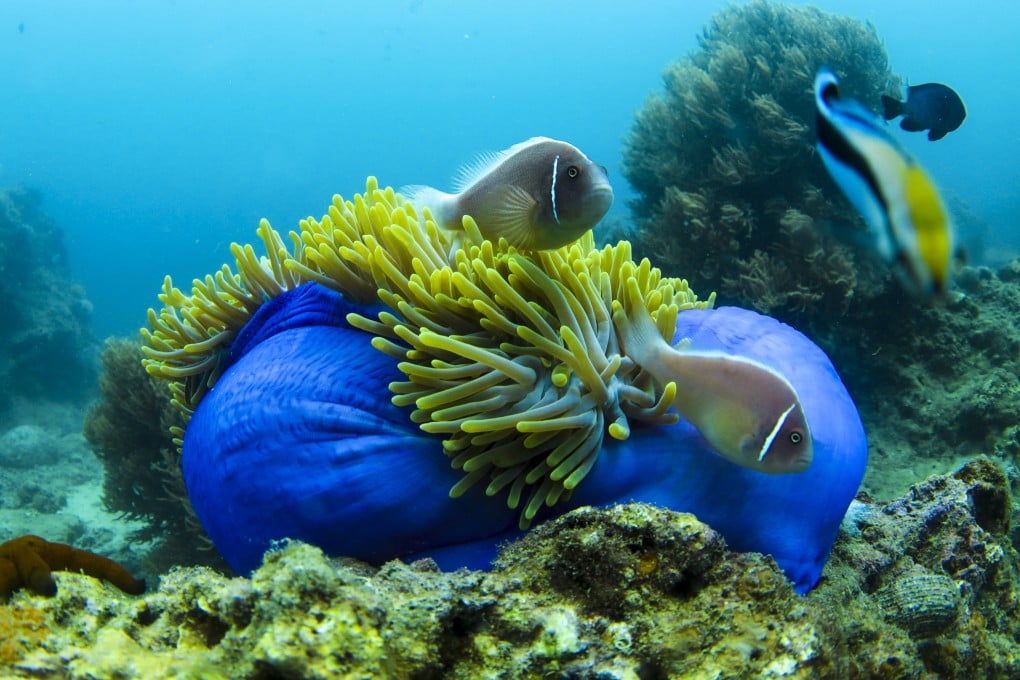Opinion | Wanted in the South China Sea: more marine peace parks
- Coastal nations around the world are turning to marine protected areas in an attempt to safeguard their oceans, promote biodiversity and increase sustainability
- In addition to aiding conservation efforts, these ‘blue parks’ can reach across international boundaries to help prevent conflict and promote cooperation

Among those, the Marine Conservation Institute has recently identified three remarkable ones for the annual Blue Park award: Tristan da Cunha which is part of a British overseas territory, Gitdisdzu Lugyeks in Canada and Siete Pecados Marine Park in the Philippines. These parks have joined a growing network of 30 distinguished “blue parks” worldwide, all striving to knit together a protective web for marine life to safeguard critical habitats, foster resilience and preserve the unparalleled beauty of the oceans.
However, the pursuit of blue parks faces significant challenges as it aims to harmonise ecological, climate and biodiversity goals within existing policies spanning national boundaries. Successful transboundary conservation demands cooperation and coordination among the concerned states.
Scientist and author Callum Roberts wrote in his book The Ocean of Life that our oceans are undergoing rapid changes unlike any others seen in Earth’s history, and he emphasises that humans are the primary drivers of this transformation.
This sentiment is common among marine experts, underscoring the global scope of human influence and the urgent need for collective action to mitigate the impacts of our activities. Roberts writes that “the geologic record gives us more than enough reasons to terrify us into action”.

